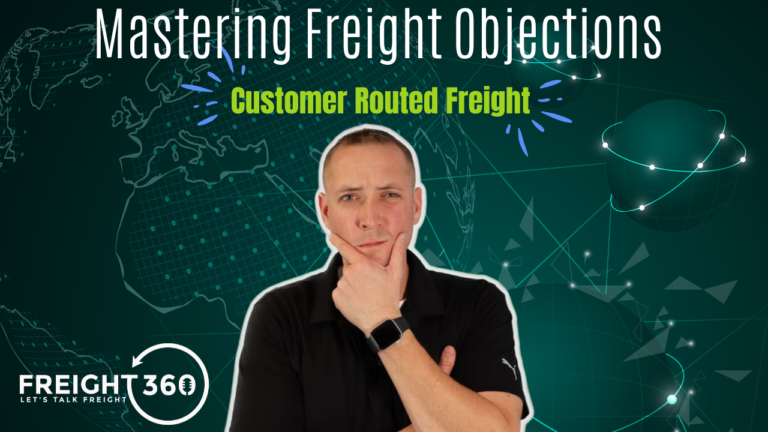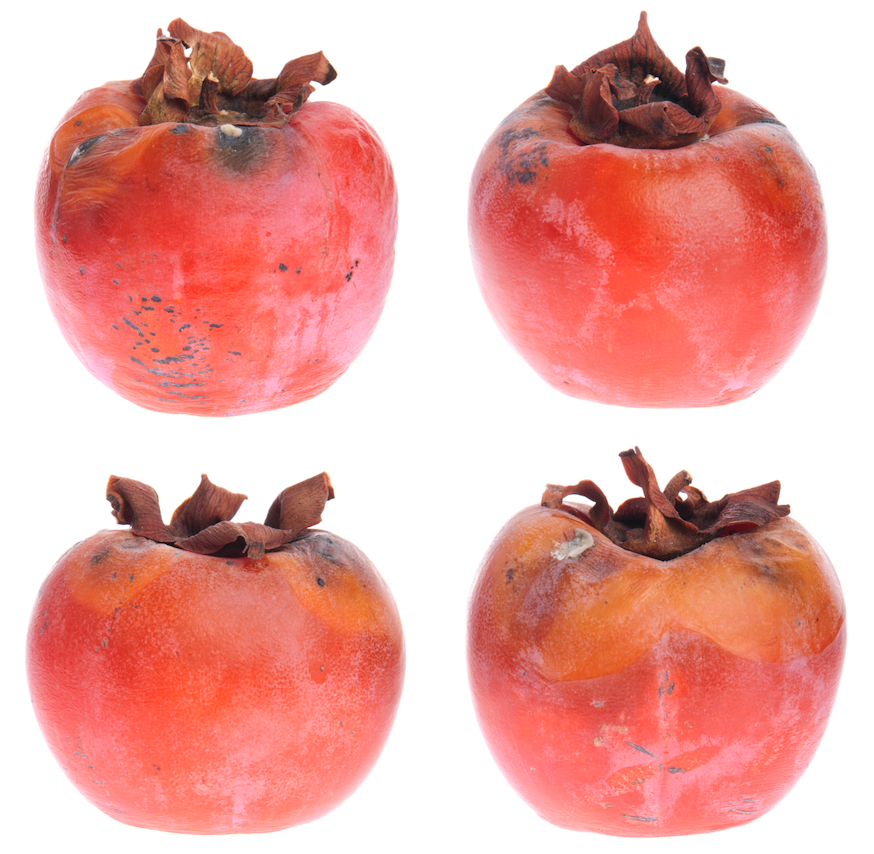As a freight broker, claims can be a pain in the butt. Especially claims with produce where there’s disputes between the shipper, broker, and carrier to determine who’s truly at fault. Recently, we interviewed Doug from Produce Blue Book to get his expertise on produce claims, and I’m going to give you a quick recap in this blog.
What causes claims?
Claims can happen for a variety of reasons, and I recommend you check out our full conversation with Doug on Episode 163 of the Freight 360 podcast on YouTube or wherever you listen to podcasts. A claim happens when your customer’s product doesn’t show up in the condition that it was supposed to. It could be damaged, spoiled, or even partially missing. The majority of claims that we see in the fresh produce world are the result of spoilage. Produce can be spoiled for many different reasons. The product could have been loaded too warm, the product could already be old, the wrong equipment type could be used to haul the produce, or the driver’s temperature controlled reefer unit could have impacted the environment inside the trailer. Reefer units can break down, run out of fuel, be turned on too late, or be set to the wrong settings. In any of these situations, the receiver is going to receive the product in a condition other than what they expected, which will trigger a claim.
Inspecting the Product
In a perfect world, when a shipment of fresh produce is loaded onto a trailer, it is pulped before it’s loaded to ensure the product’s temperature is where it should be. Pulping is a term used to describe the process of taking a temperature reading of the product at any point. It’s usually done before loading as well as upon receipt of the goods at the receiver’s facility. If the product’s temperature is too high or low at the receiver, the receiver will typically either reject the product or accept it conditionally with the understanding that a claim may be filed after further inspection. This is where a 3rd party such as the USDA can come into play.
The USDA maintains regional offices with inspectors all over the US and it’s not uncommon for these inspectors to be actively available and working at large produce receivers. In the event of a claim or dispute of a produce load, a USDA inspector acts as a 3rd party to give objective feedback as to the state and condition of the product. Their job isn’t to point fingers or place blame on any party involved, they simply act as a subject matter expert and report the condition of the product during the inspection. It’s important to have a USDA inspection ordered for any produce load that has a potential claim since their findings are extremely useful in the claims process. In addition to the USDA inspection, Blue Book can act as a neutral 3rd party as well to help mediate a claims process. The USDA inspection only reports the status of the product at delivery, but Blue Book can investigate even further to find information about the product before and during transit. For example, a USDA inspection might report that 50% of a shipment is spoiled or damaged. They don’t say who is responsible for what, though. Blue Book, on the other hand, can investigate the trailer’s temperature recordings before and during transit to determine additional fault. A Blue Book claims analyst might determine that the reefer unit on the trailer operated perfectly which would lead them to believe the product was loaded either warm or too late after harvest. In this scenario, the fault would potentially be on the shipper rather than the carrier. Perhaps the driver was late to the delivery, but the reefer was properly maintained. Blue Book could assign a percentage of the fault to the driver for being late and the remainder to the shipper for loading the product incorrectly. The entire claims process can be daunting and even more confusing if you’re not an expert on those commodities. That’s why it’s so important to have a neutral 3rd party subject matter expert to clear the fog and give objective feedback on the situation.
Best Practices
Claims can be prevented by implementing some industry best practices, and we can all do our part regardless of whether you are a shipper, broker, or carrier. Shippers can ensure their products are harvested, packaged, and stored in a proper manner before loading. Pulping the product and taking pictures of the condition of the product can prevent unnecessary claims. For drivers, it’s a good idea to be present during the pulping and loading if you are allowed on the dock. That way, you know the condition of the product before you sign the bill of lading accepting it in the conditional it’s in. For brokers, you can remind your drivers of the temperature and settings that need to be used for their reefer unit. Turning on a reefer unit too late or miscommunication of the temperature settings can lead to claims that otherwise could have been prevented. If we all work together, we can reduce the likelihood of claims and make each of our jobs much easier. If you’re not a member of Blue Book Services, make sure to check them out at www.producebluebook.com and consider a membership with them. They’re a trusted partner of us at Freight 360, and they’ve helped thousands in the transportation industry when it comes to dispute resolution.





